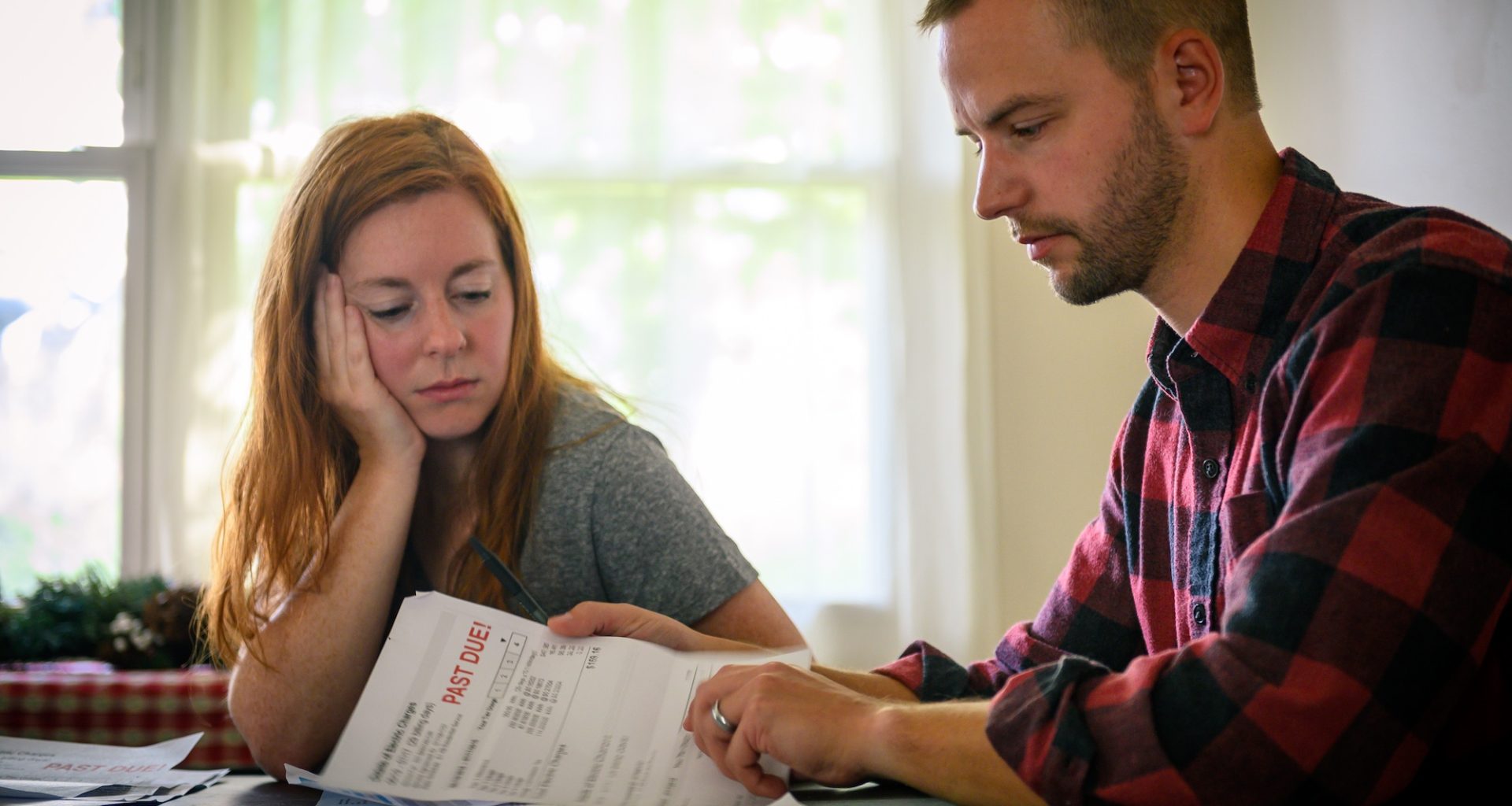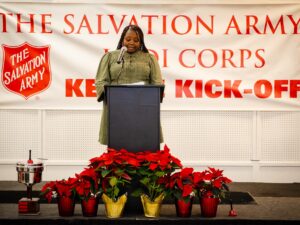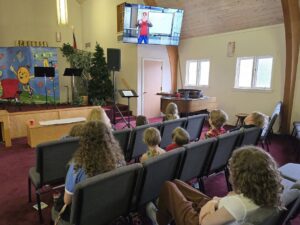A partnership between Tucson Electric Power and The Salvation Army supports community and safety during the city’s hottest months.
Erica Gutierrez describes the Southern Arizona heat as relentless, like a heavy blanket that’s tucked in from early spring to late fall.
“We’re still wearing shorts on Thanksgiving and using our A.C.,” she said.
As the supervisor of special plans at Tucson Electric Power (TEP), she has a distinct insight into the city’s relationship with the sun. While it can be a welcome contrast to climates that are more likely to experience heavy snow or rain, it can also be dangerous in extremes.
“You have to protect yourself from the heat, and it costs money to do that,” Gutierrez said. “Our low-income customers are sometimes choosing between cooling their homes, paying rent and buying groceries, and so the energy required to protect themselves becomes a burden.”
“Not having utilities can quickly become a domino effect: You’ll lose fresh food and child services can be called, or you can be evicted and then lose your job.”
Nicole Cruz, Case Management Coordinator for Tucson Family Services
In 2024, the National Weather Service reported that Tucson had 112 days when the temperature climbed above 100 degrees. It’s the most ever recorded in the agency’s history.
“When the temperature is well over 100 degrees outside, it means that it could be close to 90 degrees inside without air conditioning,” says Nicole Cruz, a Case Management Coordinator for Tucson Family Services. “Not having utilities can quickly become a domino effect: You’ll lose fresh food and child services can be called, or you can be evicted and then lose your job.”
While there are existing services in place to act as a safety net, such as short-term cooling centers and longer-term moratoriums on energy bills through the summer, Gutierrez and Cruz want to spread the word about the unique partnership between Tucson Electric Power and The Salvation Army Tucson.
Through the Help with Emergency Energy Relief Operation (HEERO) charity fund, customers of TEP can round up their bill to financially support neighbors in need, which is dispersed by The Salvation Army. This program has typically garnered about $9,000 per month.

This past September, Gutierrez launched Project Hope (Helping Others Pay for Energy), an internal program for employees—who are often also TEP customers—to bolster The Salvation Army and other local nonprofits with donations and volunteering. Using this additional campaign, Gutierrez hopes to raise HEERO’s total up to $11,000 per month.
“My team and I kept hearing that the energy burden continues to rise while agency funding continues to decline,” Gutierrez said. “This solution allows us to increase the amount of money we’re able to send our partners, while allowing our customers to help each other.”
Cruz estimates that about 350 households benefited from the HEERO program last summer. One of them was the home of an 85-year-old woman who couldn’t cover her expenses after her husband died. Not only did this assistance turn her power back on, but it also introduced her to other relevant programs like Meals on Wheels — a feature Cruz and others refer to as “wraparound services,” providing people with as many opportunities for support as possible.
TEP employees are now taught about wraparound services during their training, which Cruz says is a game changer for customers facing dire situations. Power might be first on their list of needs, but it’s OK if it’s not the last.
“It’s about community building and compassion,” Cruz said. “When this woman got the help she didn’t know was available, she told me it felt like the world was lifted off her shoulders. My goal is to get the word out for others just like her.”
Do Good:
- Caring is a magazine from The Salvation Army for people who care. People like you! Subscribe to the list and join 20k+ hopefuls who want to explore living to make a difference day-to-day together.












